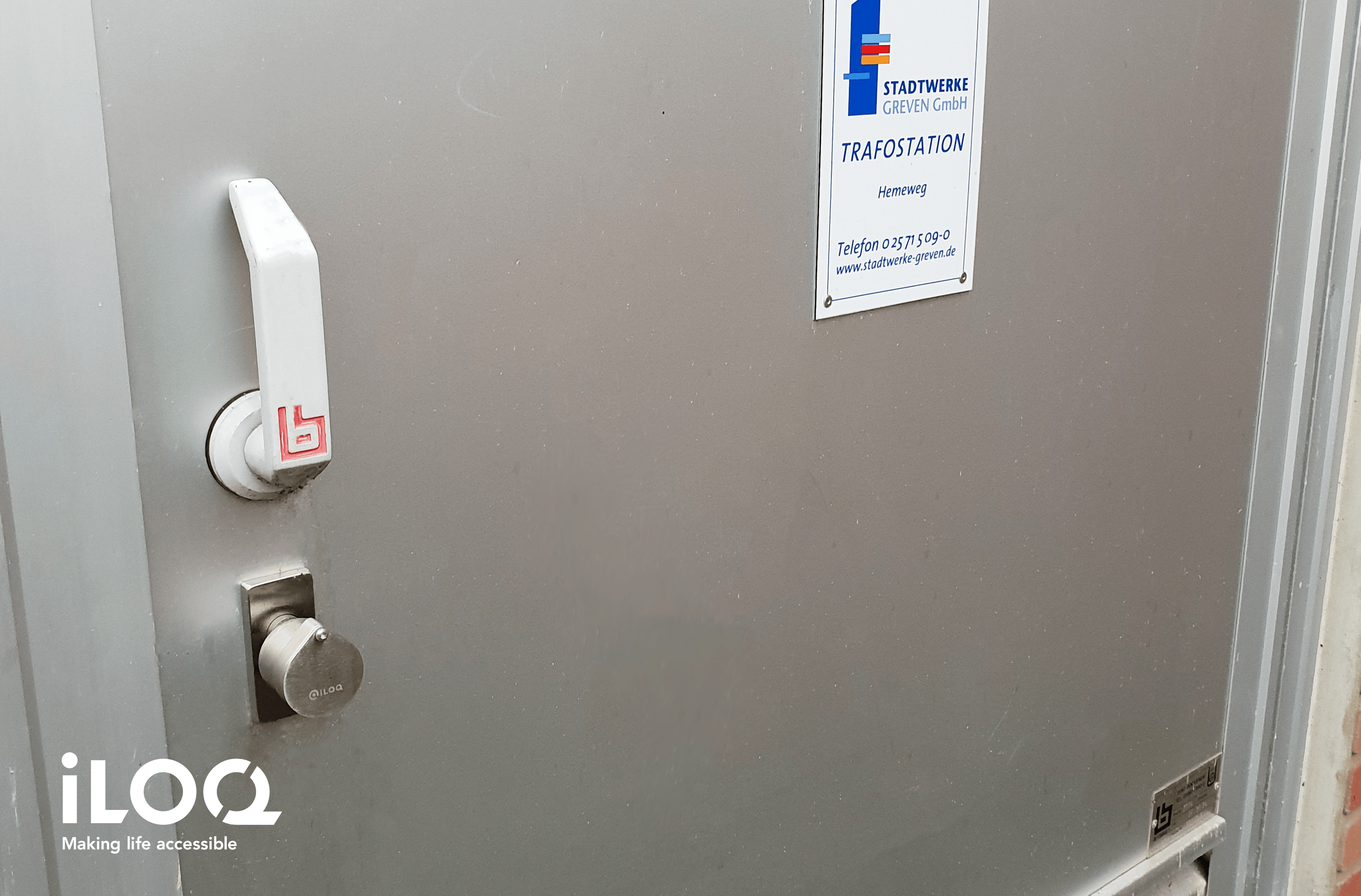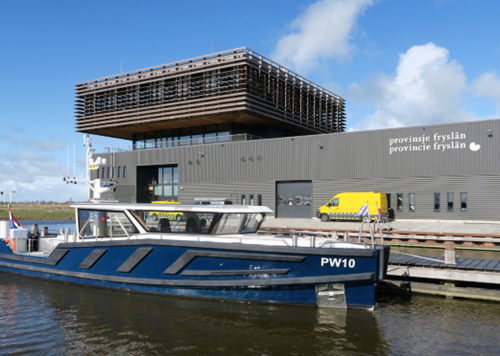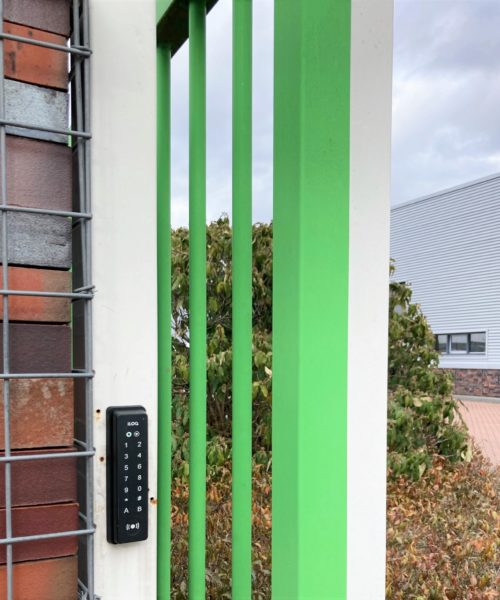
Stadtwerke Greven
An environmentally friendly, sustainable and economical solution
Stadtwerke Greven GmbH is a flexible utility company based in the northwest of Germany. The company offers its customers in the region innovative products for the generation, transmission and distribution of electricity, gas, water and heat.
In 2017, former iLOQ Sales Manager, Sascha Hilgers, began working with Stadtwerken Greven on a project to replace the existing mechanical locking cylinders and keys with a digital, battery-free locking system.
The decision to replace the existing mechanical locking cylinders was taken with a number of objectives in mind:
- Simplification / standardization of the existing systems
- Minimization of administration and improved documentation of key issuing
- Minimization of effort for subsequent adaptation of the authorization concept
- Ability to react quickly in the event of a key possibly being lost
To date, 1,250 iLOQ locking cylinders have been installed, and a further 250 keys programmed in administrative buildings, transformer housings, open-air public swimming pools and stations for electricity, gas and water.
With the fully modular iLOQ S10 locking system, Stadtwerke Greven can use a variety of cylinder combinations, such as single, knob and double cylinder. The real-time clock and online options can easily be activated at a later date in all of the installed cylinders.
New locking cylinders and keys can be adapted quickly and easily if the premises are modified or extended.
The iLOQ Manager software simplifies locking system administration. The access rights for a lost key can be removed from the system and reprogrammed quickly, easily and cost-effectively without having to replace other keys or the locking cylinder.
Christian Berstermann of the technical team of Stadtwerke Greven is responsible for the iLOQ locking system. He explains why iLOQ S10 is the perfect solution for the company:
“As a utility company with a reputation for supplying clean energy, choosing the environmentally friendly, sustainable and economical solution from iLOQ was a logical decision. The unique, patented iLOQ S10 locking cylinder eliminates the maintenance work and batteries associated with battery-operated solutions. With such a large number of stations for electricity, gas and water, having no batteries in the keys or locking cylinders was a major priority for us, as it means significant cost savings and not having to concern ourselves with batteries. The possible uses are limitless and the system can easily be adapted to future requirements.”


